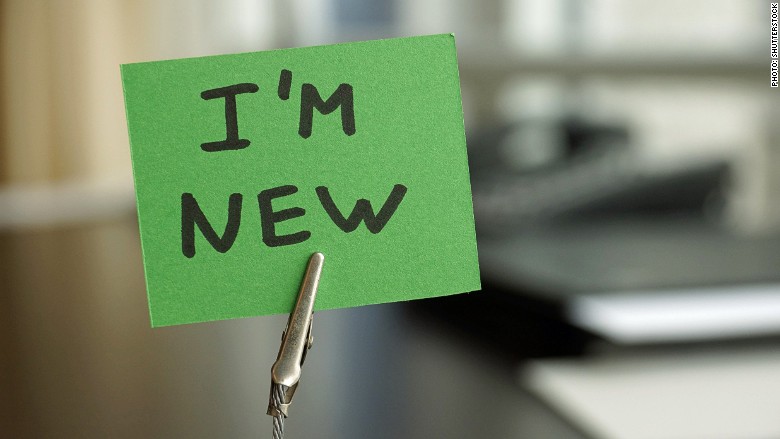
Nobody wants to be the newbie. But that's exactly where many investors find themselves today.
The Federal Reserve is poised to raise interest rates later this year or early 2016. While that represents a vote of confidence in the U.S. economy, it's also causing anxiety among investors and policymakers.
That's partially because a good chunk of retail investors and even Wall Street professionals have never witnessed the start of a rate hike cycle. It's something that hasn't happened since June 2004. Someone who is 31-years-old today wasn't even able to legally drink alcohol back then, let alone work on Wall Street.
The lack of experience raises the risk that investors will overreact to the prospect of higher interest rates.
"It almost becomes a thing of legend. People think something legendary must happen when they raise rates, which is not going to be the case at all," said Art Hogan, a three-decade veteran on Wall Street who is currently chief market strategist at Wunderlich Securities.
Related: Speed and size matter more than timing of first rate hike
Will markets freak out? An overreaction to the first rate hike by the markets could complicate the already difficult job facing Fed chief Janet Yellen. As they prepare to raise rates, Fed officials have said that policy decisions will be determined by the health of the economy. However, they've also acknowledged that turbulence on Wall Street could alter those plans.
"Policymakers are trying to measure every inch of the market impact of their policy actions," said Roger Aliaga-Diaz, a principal and senior economist at the Vanguard Investment Strategy Group.
Newer investors probably don't realize that while rates may be going higher, they're still going to be extremely low for a while, at least by historical standards. Even if the Fed raised rates by only 0.25% in September and again in December, they'd still be below 1%. Rates were above 4% during all of 2006, a year that saw the S&P 500 rally more than 13%.
Related: Bears waving more red flags about stocks
Increased transparency could help: The newbie factor might be mitigated a bit by the fact that the Fed is being extremely deliberate and transparent about rate hikes -- especially compared with the past.
Not only are Fed officials constantly communicating their musings on the economy (maybe too much so), but Yellen holds press conferences with reporters every other meeting. That's something that didn't even exist before 2011.
"In the old days when I started in the business and Paul Volcker was in charge, you wouldn't find out what the Fed did for a month," said Hogan. "Today we're talking about it so much that it's the worst kept secret in the history of monetary policy."
Related: Epic rally in stocks to keep running
History says not to panic: A look back at history can also help ease the rate hike newbie jitters.
Since World War II the S&P 500 has posted an average total return of 2.4% during the six months after an initial Fed rate increase, according to S&P Capital IQ. While that's down significantly from an average return of 9.5% during the six months prior to the first hike, it's not exactly falling off a cliff.
It's important to determine why rates are going up, Aliaga-Diaz said. If the Fed is hiking rates because the economy is doing really well, it's probably going to be good for stocks. If it's because inflation is spiking like in the 1970s, it's going to hurt stocks.
Uncharted waters for the Fed, too: In some ways even the Fed can be labeled a newbie. While Yellen and her colleagues do have experience with raising interest rates, no Fed has ever faced these particular circumstances.
The central bank is preparing a rate hike in the face of falling rates around the world, including in Europe where they've gone negative. The Fed must also eventually shrink a balance sheet holding an eye-popping $4.5 trillion of assets, up fivefold from 2008.
"Nobody has ever sat on a balance sheet of that magnitude. That's the trickier part," said Hogan.


